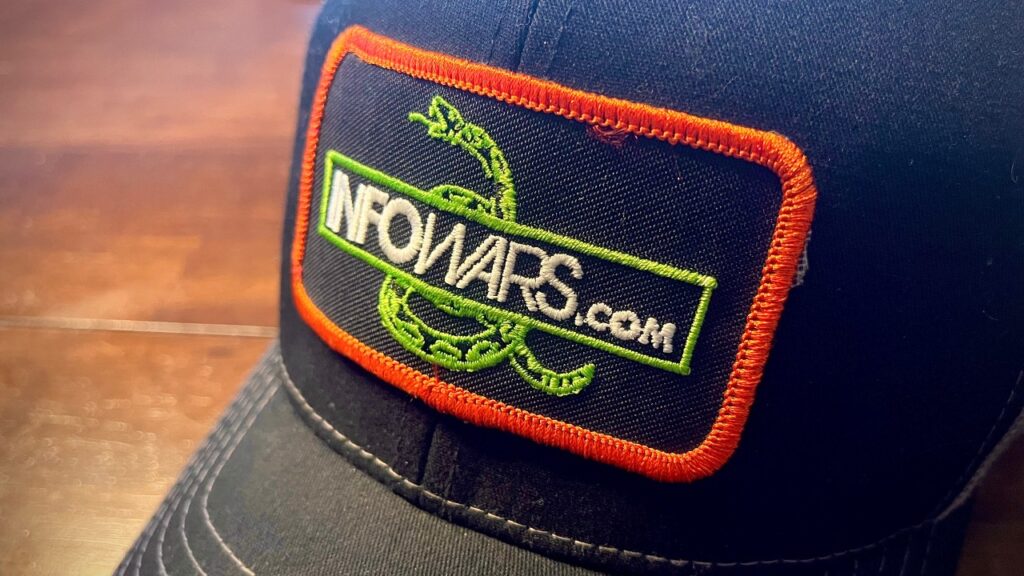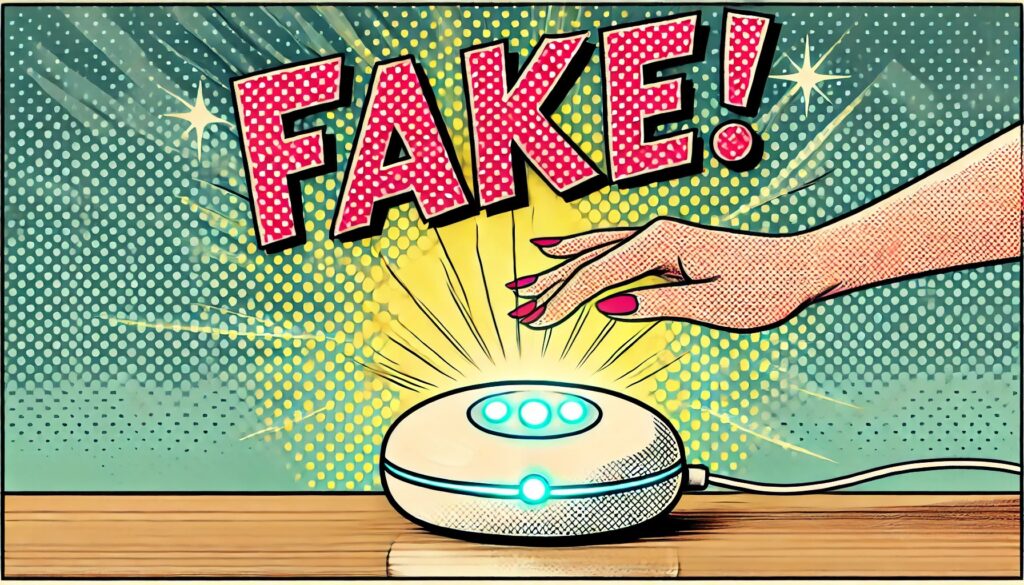
Erica Lafferty, William Sherlach, and other family members of victims of the Sandy Hook Elementary School shooting sued Alex Jones, Free Speech Systems, LLC, and related entities. Plaintiffs sought damages for defamation, invasion of privacy, emotional distress, and violations of the Connecticut Unfair Trade Practices Act (CUTPA). Plaintiffs argued that defendants’ conspiracy theories about the Sandy Hook shooting violated CUTPA because defendants spread lies to attract audiences and sell products such as dietary supplements and survival gear. Plaintiffs asked the court to hold defendants liable for using false statements as a deceptive trade practice tied to their business interests.
The trial court ruling
The trial court sided with plaintiffs and allowed the CUTPA claim to proceed. It found that defendants’ false statements about the shooting being a hoax were tied to the sale of products advertised on their media platforms. According to the lower court, defendants’ spreading of falsehoods to increase product sales qualified as an unfair trade practice under CUTPA. The jury awarded plaintiffs substantial damages, including compensation for the CUTPA violation.
The appellate court reversal
Defendants appealed, and the appellate court reversed the trial court’s ruling on the CUTPA claim. The appellate court concluded that defendants’ defamatory statements were not directly tied to the sale of goods or services in a way that CUTPA covers. While defendants monetized their platforms, the court reasoned that the alleged lies about Sandy Hook were not themselves commercial conduct. The court ruled that the connection between the false statements and product sales was too weak to support a CUTPA violation. As a result, the appellate court directed the trial court to adjust the judgment by removing the damages associated with the CUTPA claim.
Three Reasons Why This Case Matters:
- It’s Sensational: Anything involving Alex Jones and the Sandy Hook Massacre are attention-getting.
- Protects Defamation Framework: By separating defamation from trade practices, the court preserved traditional tort remedies for harmful speech without expanding CUTPA.
- Addresses Modern Media Monetization: The case underscores how courts assess financial gain from speech in an era of monetized platforms.
Lafferty v. Jones, — A.3d —, 2024 WL 5036021 (App. Ct. Conn. December 10, 2024)








